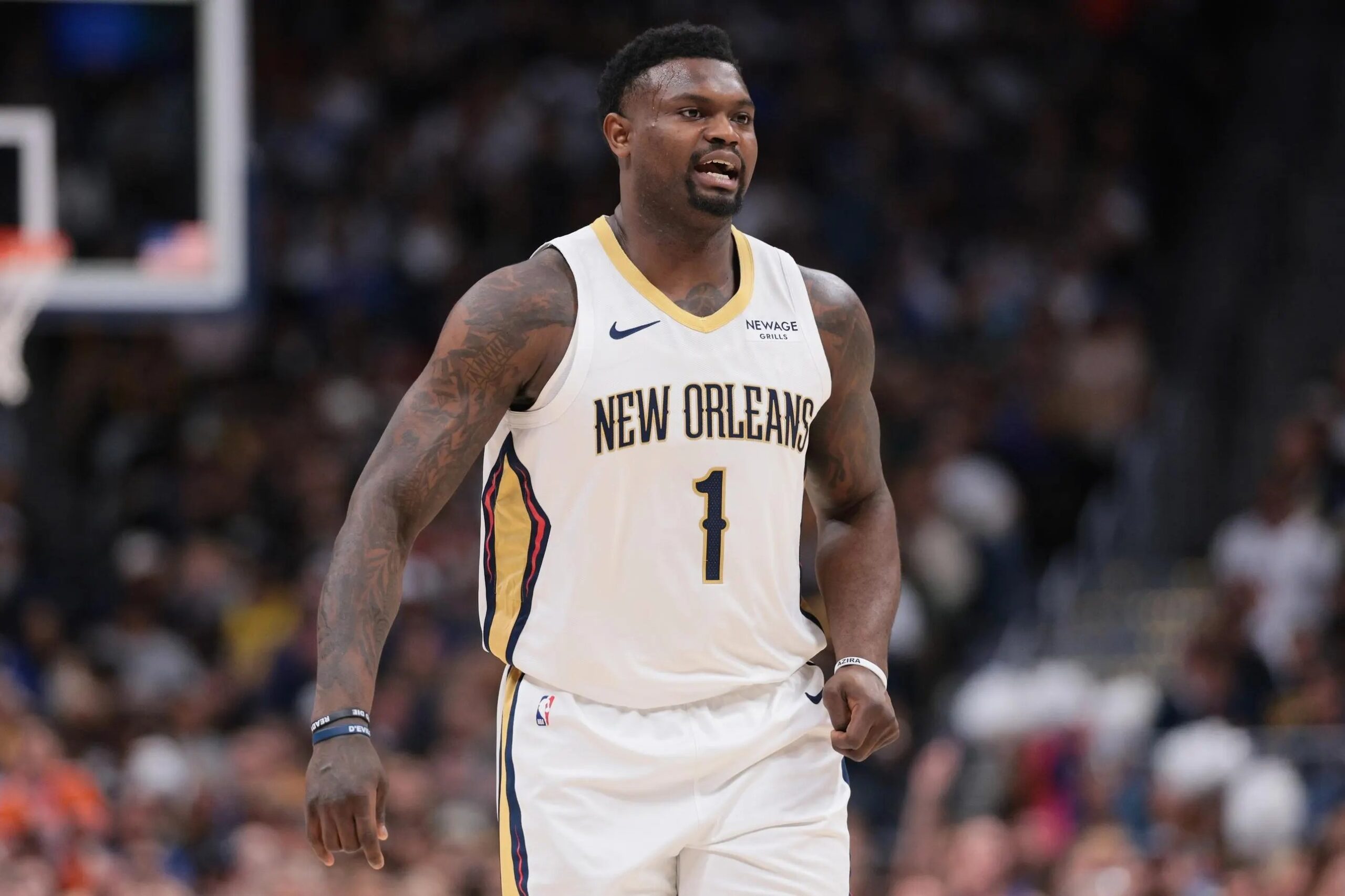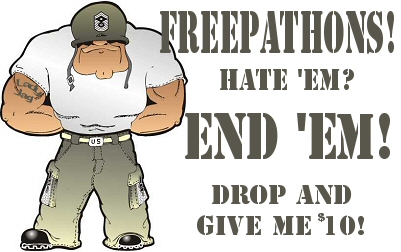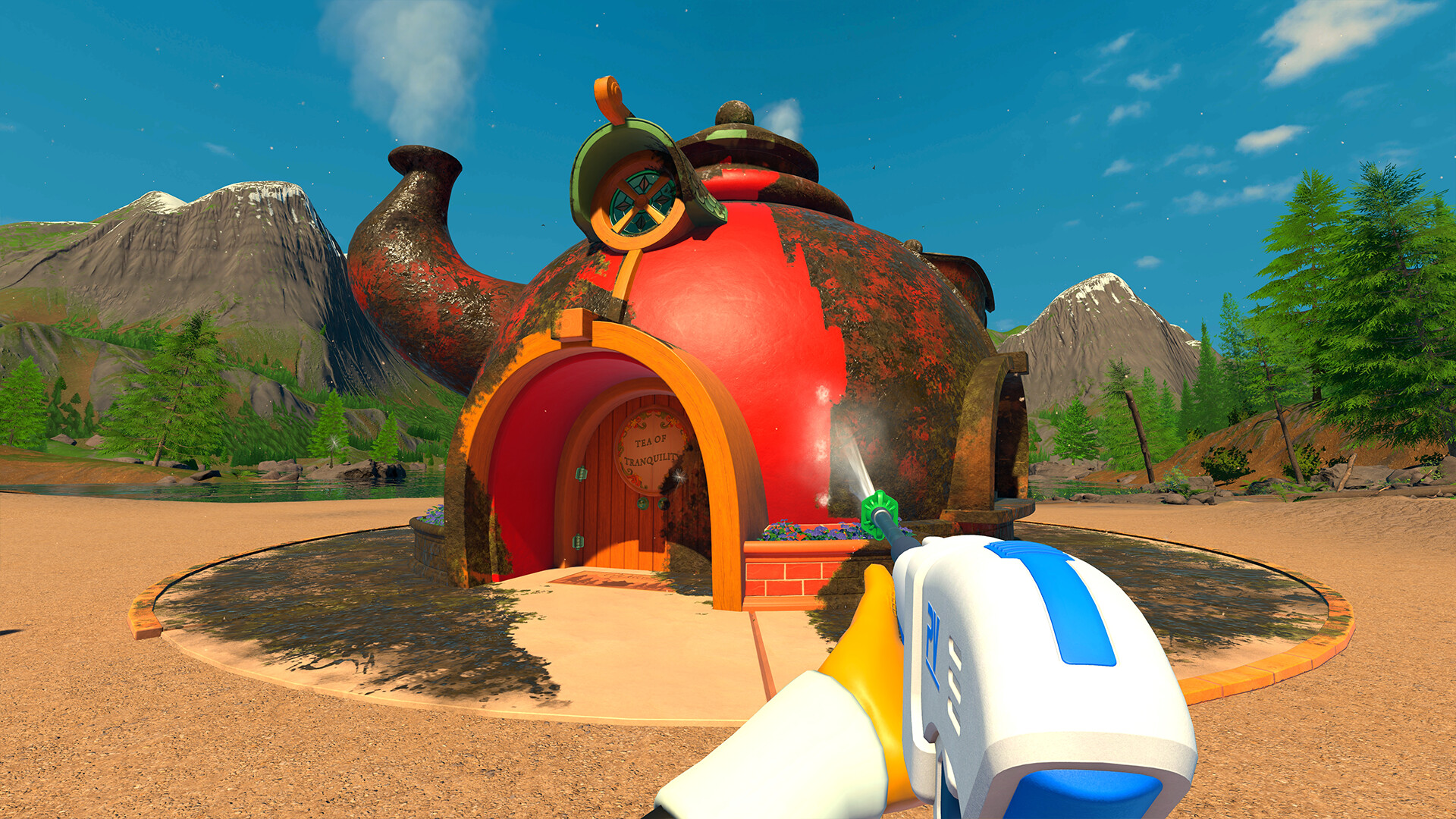When the New Orleans Pelicans won the No. 1 overall pick in the 2019 NBA Draft, they aimed to apply the hard lessons learned from the bitter end of the Anthony Davis era. The Pelicans originally landed Davis with the No. 1 pick in the 2012 draft but struggled to build a consistent winner around him. In his seven years in New Orleans, the team made the playoffs only twice and won just one playoff series. This ultimately culminated in a messy divorce, occurring right as the Pelicans were ready to begin a new chapter.
Less than four months after Davis requested a trade, the Pelicans won the 2019 draft lottery, securing the right to select Duke forward Zion Williamson. They then traded Davis to the Los Angeles Lakers for Lonzo Ball, Josh Hart, Brandon Ingram, and three first-round picks, laying the foundation to build around Williamson.
However, six years later, the Pelicans have almost nothing to show for that trade.
### Questionable Moves Post-Davis Trade
In 2021, the Pelicans sign-and-traded Lonzo Ball to the Chicago Bulls for Tomas Satoransky, Garrett Temple, and a second-round pick. The following year, they sent Josh Hart, Satoransky, Nickeil Alexander-Walker, Didi Louzada, a future first-round pick, and two second-round picks to the Portland Trail Blazers for CJ McCollum, Larry Nance Jr., and Tony Snell.
Most recently, at the 2024 trade deadline, they shipped Brandon Ingram to the Toronto Raptors in exchange for Bruce Brown, Kelly Olynyk, a 2026 first-round pick, and a 2031 second-round pick.
This chain of transactions highlights the Pelicans’ ongoing struggles to build a championship contender around Williamson. It also serves as a wake-up call that their window with him may already be closing.
### Pelicans’ Future Looks Bleak
Since drafting Williamson, the Pelicans have had just two winning seasons and made only two playoff appearances, winning a total of just two playoff games during that span. They are unlikely to improve much this year, having started with a Western Conference-worst 0-6 record before earning wins against injury-riddled Charlotte Hornets and Dallas Mavericks.
The outlook is grim moving forward, with six of their next seven opponents currently holding records above .500, including the San Antonio Spurs, Los Angeles Lakers, and defending champion Denver Nuggets.
To add to their woes, the Pelicans recently announced that the injury-prone Williamson will be sidelined for at least 7-10 days due to a Grade 1 hamstring strain. This means he’ll miss upcoming games against the Spurs and Phoenix Suns, and may not return in time for contests against the Portland Trail Blazers or Lakers.
### Asset Mismanagement and Regrettable Trades
A losing season wouldn’t be catastrophic if the Pelicans maintained control of their 2026 first-round pick. Unfortunately, a series of shortsighted trades may have severely damaged their long-term future.
During the Pelicans’ 2025 Finals run, the Indiana Pacers re-acquired their own 2026 first-round pick by sending the No. 23 pick in the 2025 draft to New Orleans. The Pacers currently sport a 1-7 record after losing key players Tyrese Haliburton (Achilles injury) and Myles Turner (free agency departure). There’s a genuine possibility the Pelicans traded away what could have been a valuable mid-to-high lottery pick for a lower No. 23 pick in 2025.
Making matters worse, the Pelicans then flipped that No. 23 pick, along with a fully unprotected 2026 first-round pick—the better of theirs or the Milwaukee Bucks’—to the Atlanta Hawks for the No. 13 pick in the 2025 draft. They used that pick to select Maryland center Derik Queen, who has shown some promise recently but remains a questionable fit alongside Williamson.
The Pelicans’ unfortunate trade history doesn’t stop there. In the 2024 offseason, they sent Larry Nance Jr., Dyson Daniels, and two future first-round picks to Atlanta in exchange for point guard Dejounte Murray. Murray struggled with efficiency, shooting a career-worst 39.3% from the field in 31 games before tearing his Achilles in January. Meanwhile, Daniels thrived in Atlanta, winning the NBA’s Most Improved Player award and finishing second in Defensive Player of the Year voting.
### Marginal Wins Amidst Struggles
To the team’s credit, the Pelicans have made a few positive moves in recent years. Trey Murphy III, selected 17th overall in the 2021 draft, has been a remarkable steal. Similarly, Herb Jones, picked 35th that same year, has developed into a valuable contributor. Saddiq Bey, acquired in the McCollum–Jordan Poole trade, may also prove to be a savvy acquisition despite missing last season due to a torn ACL.
Yet, these marginal wins may not be enough to salvage the Williamson era.
### Concerns Over Williamson’s Health and Fit
Williamson has played just 214 of a possible 472 games across his first six NBA seasons and is already sidelined with injury this year. Given his unique 6’6″, 284-pound frame, the Pelicans understandably question whether he can sustain health for a full 82-game season and beyond into a playoff run.
While his upside is tantalizing, building a championship team around a power forward who neither protects the rim nor reliably shoots three-pointers proves challenging — even if he could avoid injuries.
The Pelicans included protections in Williamson’s latest contract that would allow them to opt out relatively unscathed if needed. While waiving him outright seems unlikely, it’s time for the organization to seriously assess whether a realistic path to contention exists around him, given their current roster and assets.
### What’s Next for the Pelicans?
If no viable strategy emerges, the Pelicans should at least entertain trading Williamson and pivot toward retooling around prospects like Murphy, Poole, Jones, Queen, fellow 2025 first-round pick Jeremiah Fears, and potential acquisitions from such a trade.
However, financial considerations complicate this decision. The team ranked near the bottom of the NBA in attendance last season, with Williamson serving as their primary box-office attraction. Management may currently prioritize ticket sales over painful rebuilding measures.
Even if trading Williamson is off the table, the Pelicans should draw a firm line against surrendering future first-round picks for short-term gains. Until they return to consistent winning ways, the risks of such moves far outweigh potential rewards, a lesson painfully learned in recent months.
—
**Sources:** com, PBPStats, Cleaning the Glass, Basketball Reference
Follow Bryan on Bluesky
https://bitcoinethereumnews.com/finance/the-pelicans-need-to-stop-mortgaging-their-future-for-zion-williamson/



